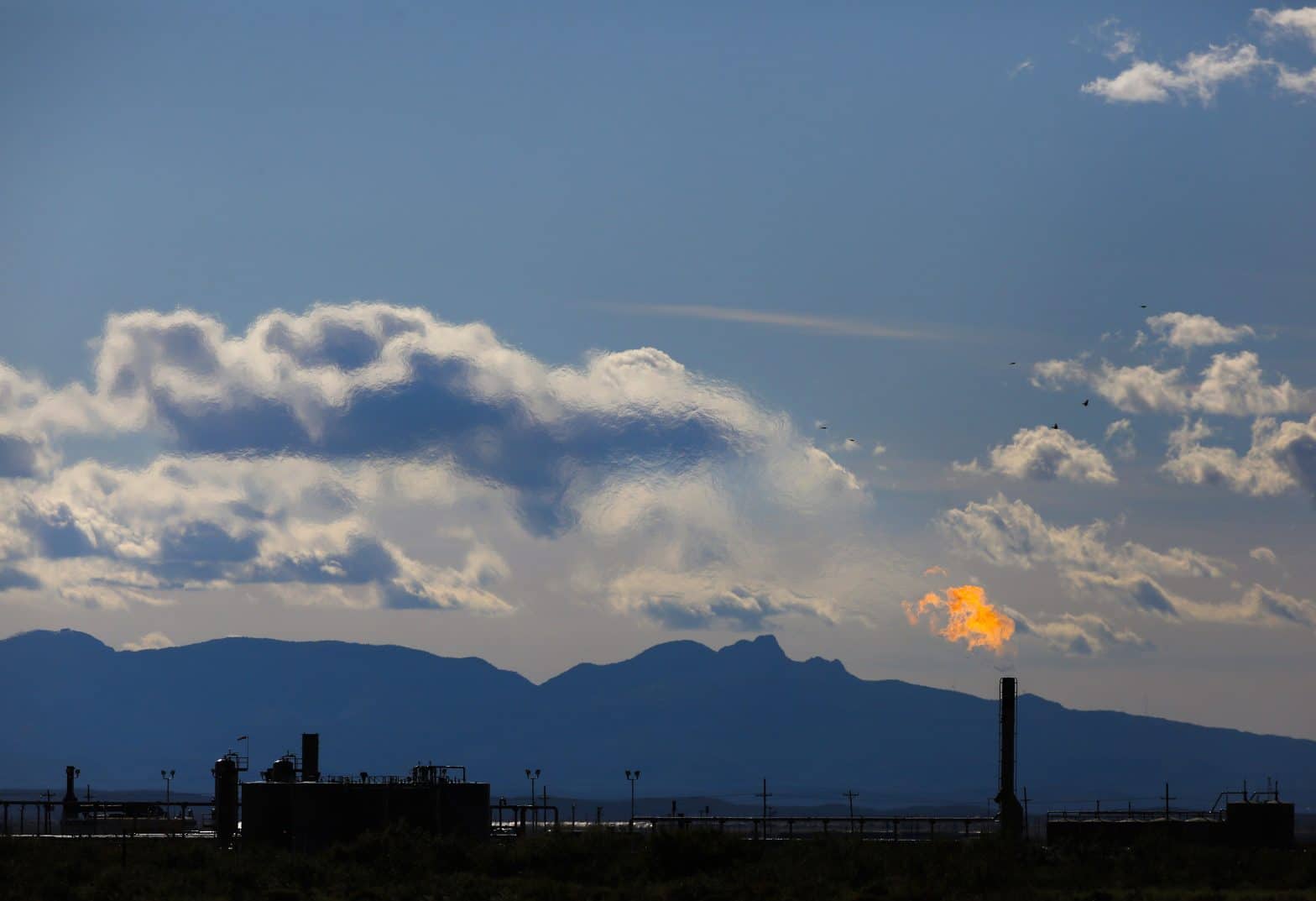Industrial Emissions Targeted in New Bipartisan, Bicameral Legislation

Last week, a bipartisan, bicameral coalition led by freshman Representative Sean Casten D-Ill., introduced legislation aimed at encouraging innovation that will reduce greenhouse gas emissions from industrial sources.
Casten and his counterparts in the Senate, Senators Sheldon Whitehouse, D-R.I., and Shelley Moore Capito, R-W.Va., believe their bills, known as the Clean Industrial Technology Act, will not only reduce emissions that have been blamed for accelerating climate change, but will make American companies more competitive in the global economy.
Around 30 percent of greenhouse gas emissions come from hard-to-reduce industrial sources, including heavy road and rail transport, shipping, aviation, chemical production, steel and cement production, and heat production.
There are few technologies that would substantially reduce emissions from these sources, and the limited existing solutions remain costly. Spurring innovation that could be adopted by these industries would create an economic advantage and export opportunities as countries around the world expand emission reduction policies.
Under CITA, the Department of Energy in coordination with the Office of Science and Technology Policy would establish a new advisory council to coordinate funding for developing innovative technologies for industrial processes.
The council would work with other federal agencies, National Laboratories, industry, and higher education institutions to advance research and demonstration projects for reducing emissions in the industrial sector.
The Department of Energy would also establish a technical assistance program to help states, local governments, and tribal organizations implement the low carbon technologies.
“Addressing the climate crisis requires meaningful action to encourage decarbonization across all sectors of the economy,” Representative Casten said. “But, in the industrial sector, there remain many obstacles which demand additional research and resources to overcome. This bill would centralize research and development of low-carbon industrial technologies already underway at the Department of Energy while placing an emphasis on these efforts as an essential part of the agency’s overall work.”
Senator Whitehouse said the “legislation would unlock solutions to make American industrial companies more competitive internationally while reducing their carbon footprint.
“Broad bipartisan support for this bill from environmentalists and industry groups alike shows that we can find common ground on climate change,” he added.
“It’s important that we continue to develop and advance legislative solutions that help protect and improve the environment while also supporting and encouraging economic growth and job creation. This bipartisan legislation is exactly that kind of solution,” Senator Capito said.
“I’m proud to again join with Senator Whitehouse to build on our long record of bipartisan work on commonsense legislation that is good for both the environment and the economy, and I will continue to make the deployment of carbon capture technologies and other innovative tools a priority,” she continued. “Through these efforts, we can protect jobs, encourage American innovation and industrial competitiveness, and reduce our carbon emissions.”
CITA is supported by a broad range of industry and environmental groups, including the Environmental Defense Fund, Center for Climate and Energy Solutions, Industrial Energy Consumers of America, Carbon180, Information Technology and Innovation Foundation, Clean Air Task Force, Third Way, National Association of Manufacturers, Natural Resources Defense Council, U.S. Chamber of Commerce, American Chemistry Council, The Niskanen Center, The Nature Conservancy, and BlueGreen Alliance.
“Manufacturers have always been about solutions,” said Rachel Jones, Senior Director of Energy and Resources Policy at the National Association of Manufacturers. “We need real-world technologies to address our global climate problem, and legislation like CITA provides a common sense opportunity to move our efforts forward. This bill takes a clear-eyed look at the unique challenges that different energy-intensive industries face as we all work toward ensuring a safer and more prosperous future.”
“The Nature Conservancy appreciates the leadership of the bipartisan group of Senators and members of the House of Representatives that have come together to introduce the Clean Industrial Technology Act,” said Kameran Onley, director of US Government Relations for The Nature Conservancy. “This legislation will help spur the innovation needed to cut emissions from the industrial sector – one of the nation’s largest sources of carbon emissions. To address the urgent challenge of climate change, we must deploy all the tools at our disposal. The Conservancy welcomes this new proposal.”
Cosponsors include Senators Joe Manchin, D-W.V., Cory Booker, D-N.J., and Mike Braun, R-Ind., along with U.S. Representatives David McKinley, R-W.V., Aumua Amata, R-American Samoa, and Eddie Bernice Johnson, D-Texas.
Full text of the legislation can be found here.
























